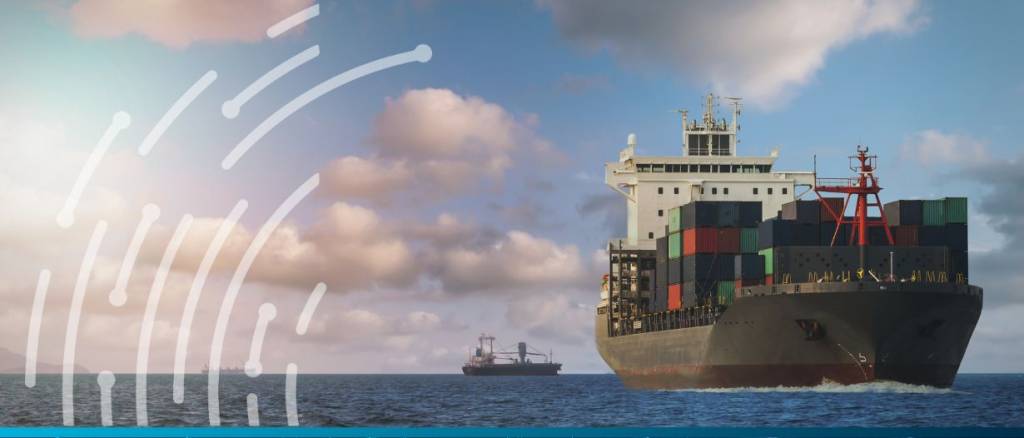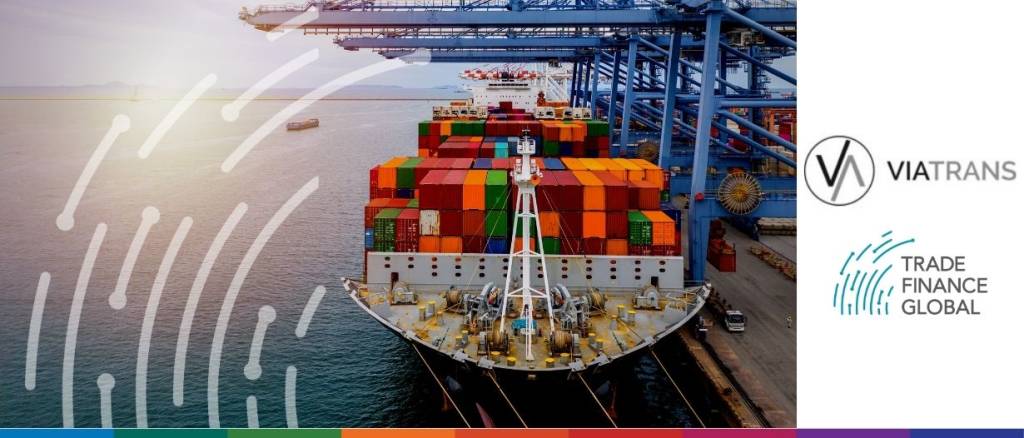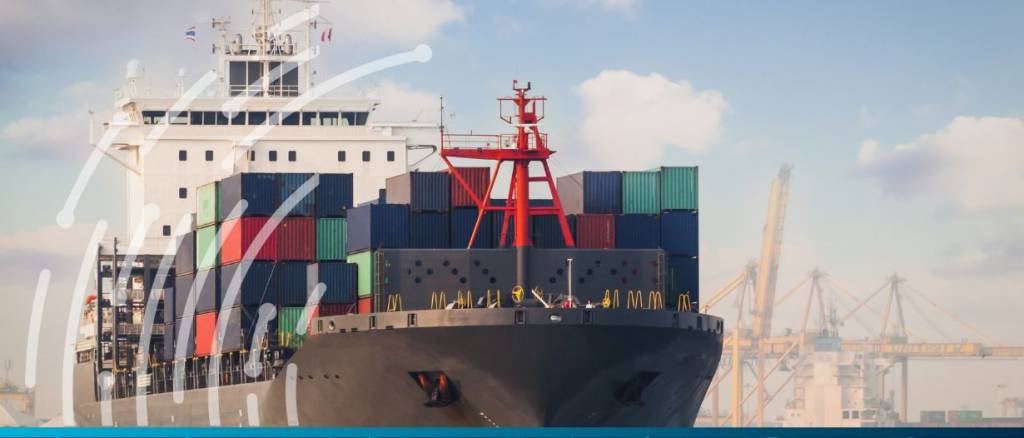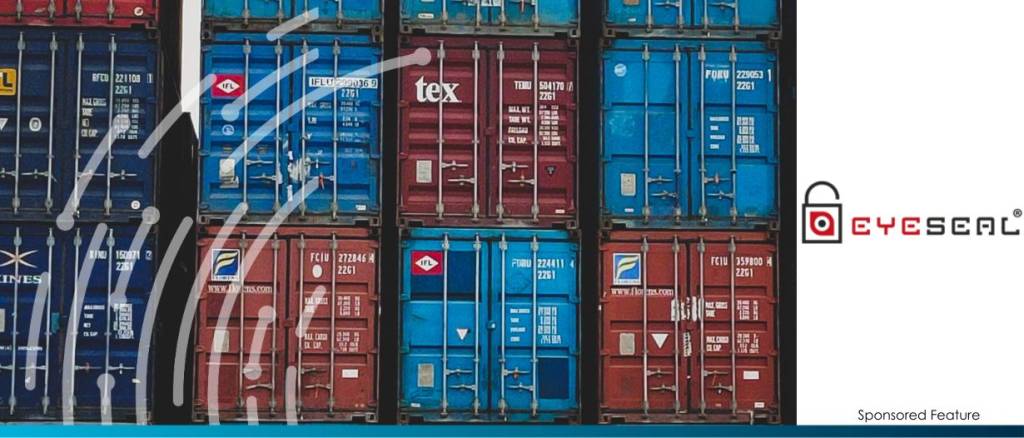In collaboration with the Ukrainian government, Ukreximbank, Ukrgasbank, and DZ Bank, Marsh McLennan has announced Unity, a new insurance facility designed to offer cost-effective insurance for exporting grain and other… read more →
Today, the ICC DSI released their 2023 Key Trade Documents and Data Elements (KTDDE) report. The report outlines 14 key trade documents, going into depth on the definitions, purpose, and legal frameworks.
Shipping containers are vital for shipping lines, which are availed to shippers (importers, exporters, customs agents, and freight forwarders) for safe and secure transportation of goods.
A.P. Moller-Maersk, a shipping conglomerate, issued a warning on Friday that the worldwide demand for ocean freight containers might see a sharper fall this year, owing to restrained economic expansion… read more →
A new government initiative, the Shipbuilding Credit Guarantee Scheme (SCGS) is aimed at providing financial assistance to ship buyers, enabling them to purchase UK-built vessels and enhance their existing fleet.… read more →
The Electronic Trade Documents Bill has today received Royal Assent, and is officially an act of law (the Electronic Trade Documents Act), promising to transform the way international trade is conducted electronically.
UK Export Finance (UKEF) announced that they will provide £5 million in support for a Wirral-based specialist manufacturer of boats serving search and rescue, defence, and security sectors. Marine Specialised… read more →
Breach detection is the very essence of EyeSeal. Its standout characteristic lies in its internal installation of the device within shipping containers, delivering a significant edge over externally mounted devices that are susceptible to tampering.
Today, EyeSeal Inc., along with PROSS and Tempest, their global distribution partners, announced that EyeSeal’s cargo breach detection device and EyeTrack application have successfully completed Gateway2Britain digital trade pilot. EyeSeal… read more →
The latest reading of the barometer index indicates positive growth, with a rise from 92.2 in March to 95.6. However, it remains below the baseline value of 100, indicating a… read more →
























